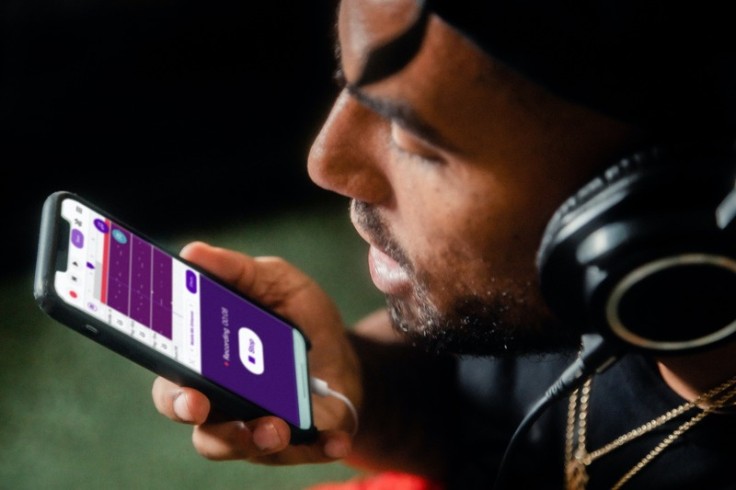A recent collaborative study from Stanford Medicine and the University of Toronto explores the potential of everyday technology, like smartphones, in reducing alcohol-related accidents in a ground-breaking effort for public health and safety.
The project investigated the viability of assessing a person's level of alcohol intoxication through voice analysis via smartphones and smart speakers to those who have been drinking or are suspected of alcohol consumption.
There were 18 adult participants who were over the legal drinking age that were included in the study and received an alcohol dosage based on their weight.
The participants articulated tongue twisters both before and after taking alcohol at various intervals throughout a seven-hour period in order to measure the impact of alcohol intoxication on speech.
The study's findings illustrated the stimulating possibility of utilizing technology to improve alcohol-related safety measures.

The Significance of Smartphones in Daily Events
The study achieved a remarkable 98% accuracy rate in predicting intoxication levels through smartphone voice pattern analysis.
According to Earth, the success of the study received its credits to the application of sophisticated digital signal processing and machine learning techniques.
Dr. Brian Suffoletto of Stanford expressed surprise at the precision of their model and underscored the pivotal role played by advanced technology in this achievement.
In the article in Sky News, Suffoletto said that the precision of the research findings genuinely caught him off guard. He envisioned the potential of a tool that could passively gather data from individuals during their daily activities, surveying for changes indicative of a drinking episode to identify when assistance is required.
Professor Suffoletto emphasized the necessity for more extensive studies to validate the results, as reported in the Journal of Studies on Alcohol and Drugs.
The ultimate goal is to leverage ubiquitous devices like smartphones for real-time monitoring of individuals, identifying signs of intoxication, and delivering timely alerts.
This innovative approach holds the potential to significantly contribute to accident prevention related to impaired motor functions resulting from alcohol consumption.
Combination of Systems and Methods Creates Better Outcome
News Atlas also reported that Suffoletto claimed that combining such systems with additional phone features, for instance, utilizing the accelerometer to detect strange walking patterns or putting in place a plan to scan texts for shifts in speech patterns suggestive of intoxication, could improve the intervention process.
He highlighted the value of real-time support and the significance of timing in determining the best time for receptivity. Reminders of consumption limits, according to Suffoletto, can have an influence when they are given early on when someone is drinking.
Still, once they are highly intoxicated, their effectiveness is much reduced.
These insights are available in the publication of the current findings in the Journal of Studies on Alcohol and Drugs.
Suffoletto emphasized the great importance of additional studies to build upon his findings and to establish a database with more vocal samples from a broader range of participants.
© Copyright 2025 Mobile & Apps, All rights reserved. Do not reproduce without permission.














